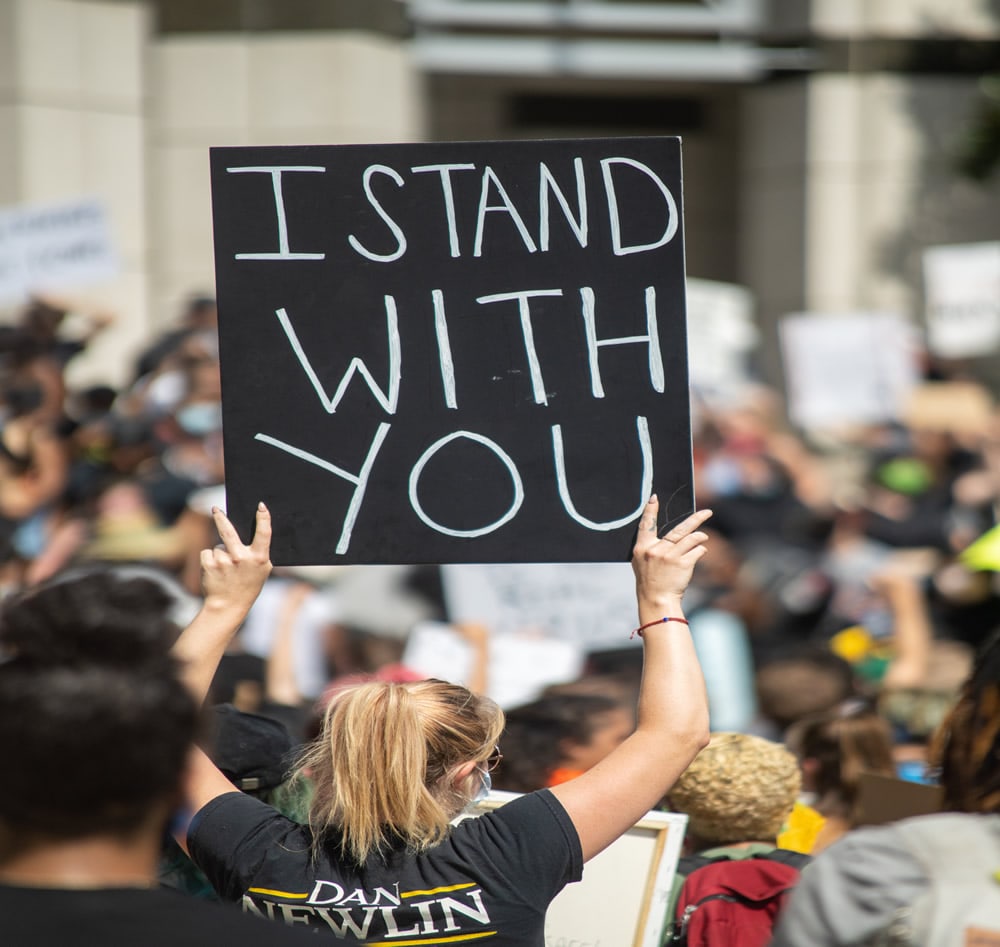Usually quiet on social issues, major companies issue bold statements By: David Rauf “The fact that leadership in companies has taken this stand is a very distinct change in culture.” —Connie Tang, former CEO, Princess House “This is a human issue, social issue and a justice issue.” —Ryan Napierski, President,
This content is restricted to site members. If you are an existing user, please log in. New users may register below.


